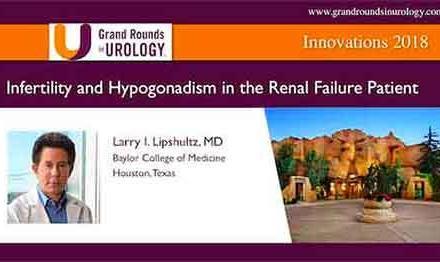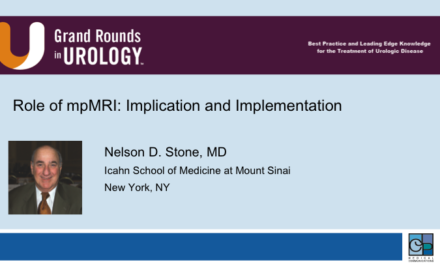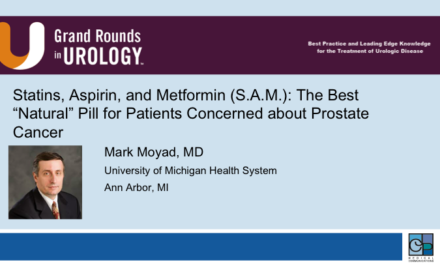Session 1:
Next Generation Developments in Bladder Cancer
2018 Consensus Statements
- We need to develop a consensus on standard testing for immunotherapy and molecular therapy testing to facilitate eligibility for immuno-oncology and molecular therapy.
- Identifying predictive PD-1/PD-L1 expression markers for patients with metastatic and possibly non-metastatic disease is necessary.
- We should incorporate molecular diagnostics into the risk stratification of bladder cancer.
- Improving the diagnostic accuracy, evaluation, and risk stratification of noninvasive bladder cancers by better determining tissue, radiographic, and molecular predictors of disease risk needs to be emphasized.
- We should more clearly risk-stratify T1 tumors to assist clinicians in clinical management and to identify those patients eligible for future clinical trials.
- In patients with T2-4 urothelial carcinoma (UCC), the risk/benefit of T0 after transurethral resection (TUR) prior to and following neoadjuvant chemotherapy (NAC) should be further explored.
- The beneficial impact of systemic immunotherapy or combination therapy for high-risk noninvasive bladder cancers needs to be studied.
5-Year Predictions:
- Transurethral resection of bladder tumor (TURBT) will be done in the same way.
- No consensus urine marker will exist yet.
- Molecular profiling of invasive and non-invasive tumors will be more commonplace and will help determine therapeutic choices.
- Bladder sparing multimodality will become more commonly chosen for invasive disease.
Session Moderators
Sam S. Chang, MD, MBA
Vanderbilt University
Nashville, TN
Michael S. Cookson, MD
University of Oklahoma
Oklahoma City, OK








